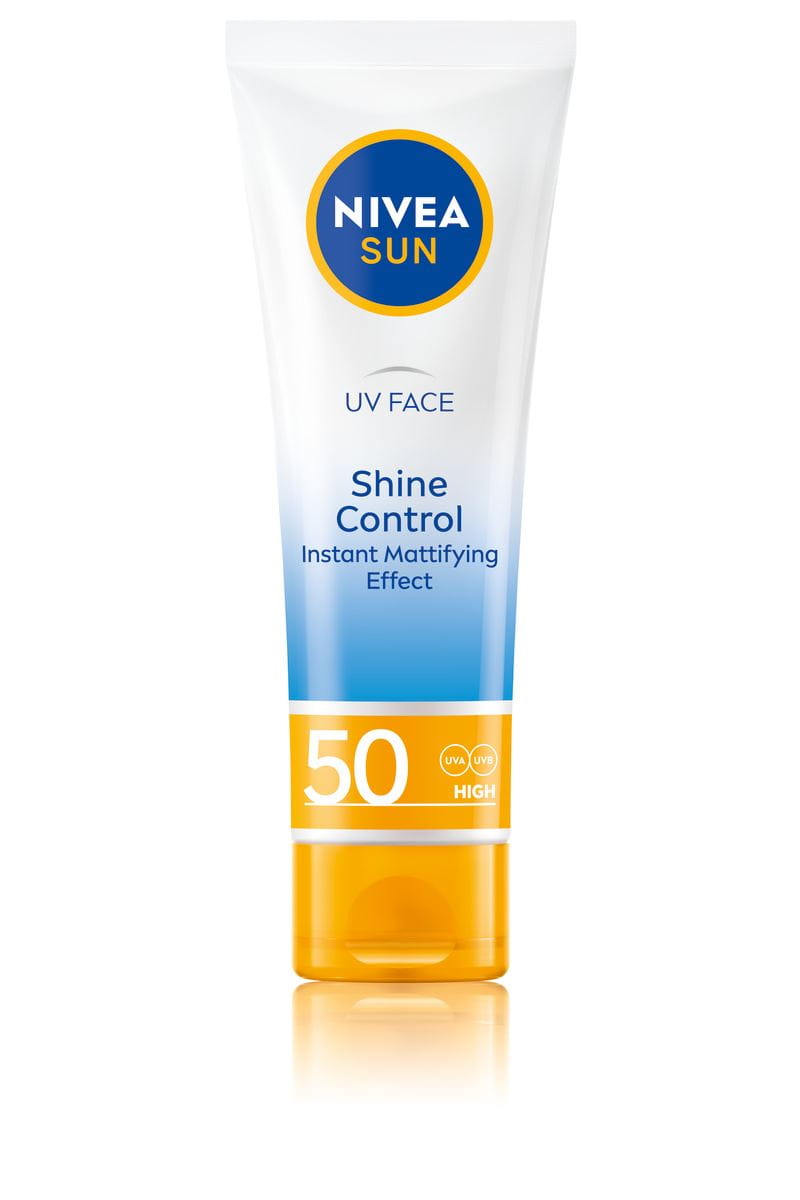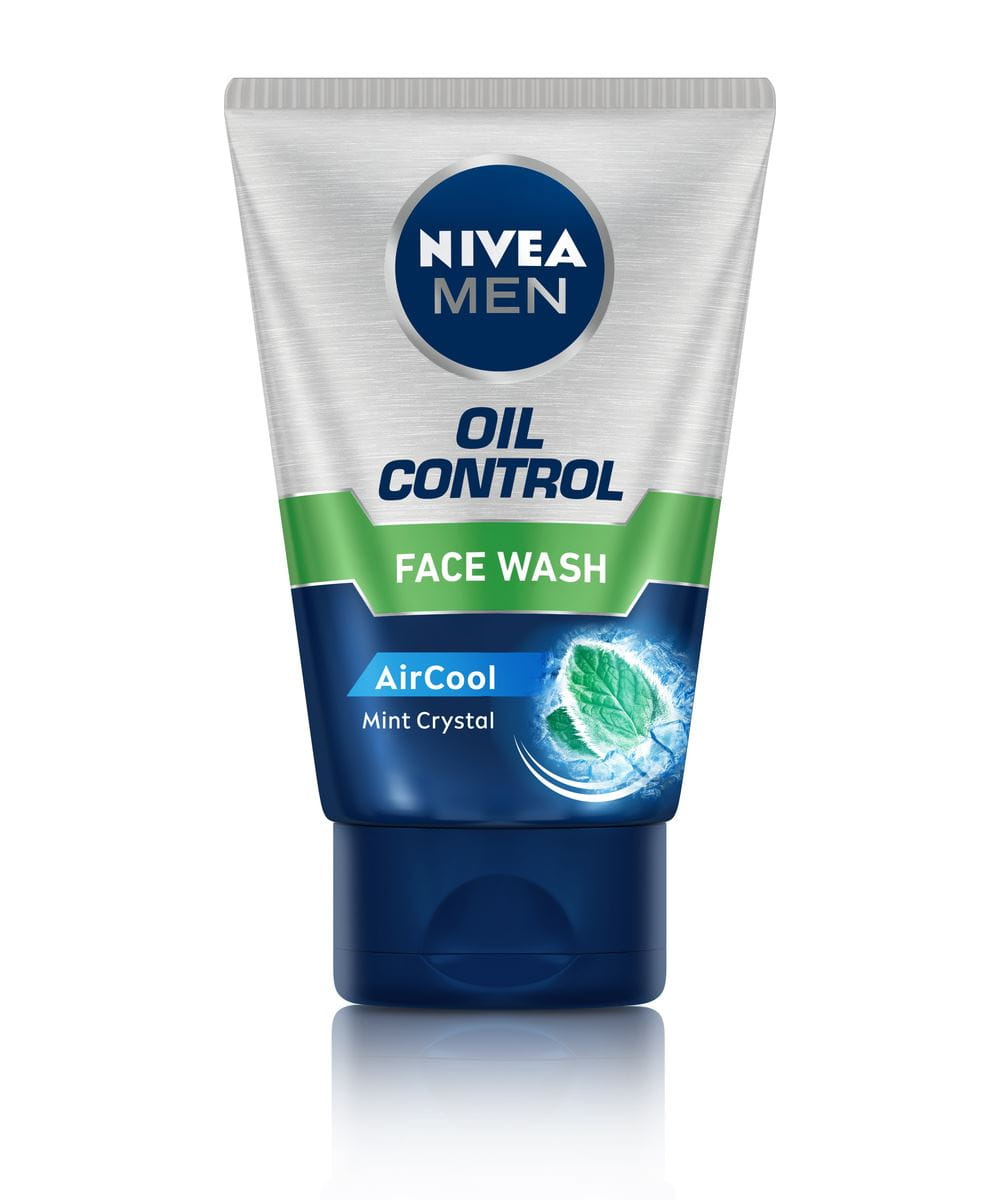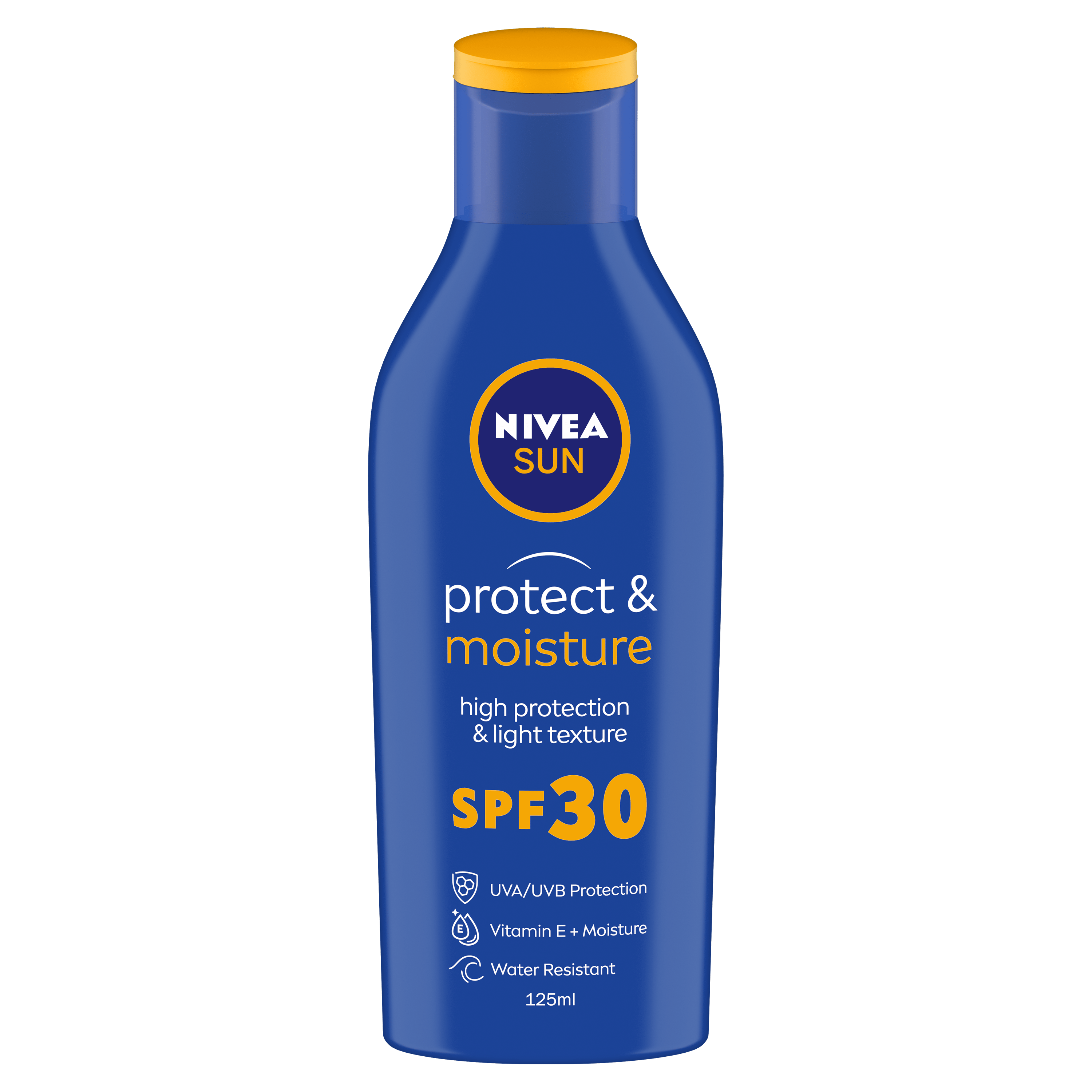
Choosing the Right Sunscreen for Oily Skin
When it comes to taking care of our skin, there's no one-size-fits-all solution. It's a journey of understanding, especially when it comes to selecting the perfect sunscreen. Knowing your skin type is the first step in finding a formula that not only shields you from the sun but also suits your unique needs. Oily skin poses a particular challenge, often tempting individuals to skip sunscreen altogether due to its thick and oily nature. However, let's debunk that myth – sunscreen is a non-negotiable component of any skincare routine, playing a vital role in protecting your skin from harmful UV rays. Empower yourself with knowledge about the right ingredients, ensuring your sunscreen not only protects but also becomes a regular part of your skincare routine for naturally radiant skin.






